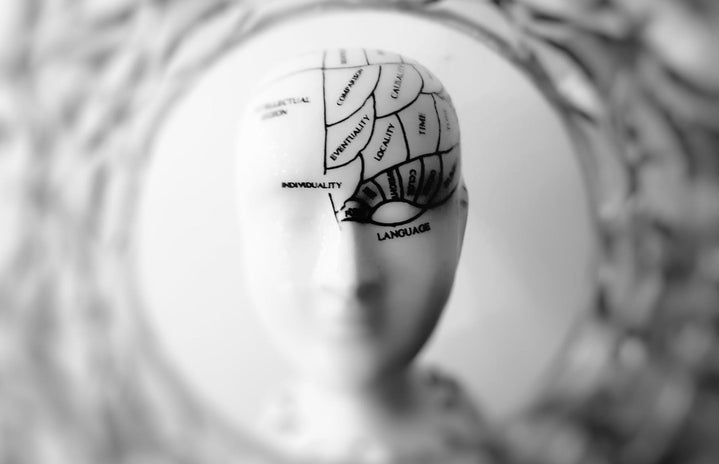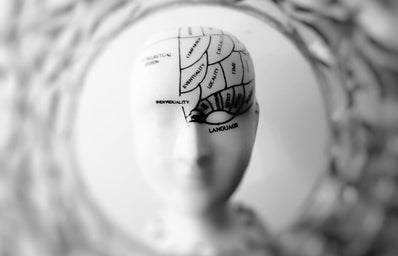The age of the internet allows us to access limitless information, and one major benefit is the existence of digital communities, which gives us the opportunity to connect with likeminded people. This includes raising awareness of mental health issues. In recent years, mental health has been given the attention it rightfully deserves, mainly because of its presence in digital media. Mental illness is not nearly as stigmatized as it used to be. But in contrast, it has been heavily romanticized, which has led to the controversial issue known as self-diagnosing.
What is self-diagnosing? It’s the practice of identifying your own conditions and claiming you have a specific disease or disorder. Typically through internet research, people can analyze their seemingly abnormal traits and find an explanation. There is nothing inherently wrong with researching your symptoms. In fact, it can be an important first step when analyzing your health. But it becomes dangerous when you don’t confirm these results with a professional.
There is a solid chance that a self-diagnosis is incorrect because you don’t have all the information. For example, by experiencing stress, you can come to the conclusion that you have a form of anxiety. Or by experiencing mood swings, you can decide that you are bipolar. These psychiatric diseases are more complicated than a primary symptom. And many times, these behavioral patterns are simply a part of human existence. When you claim you have a mental illness without double-checking, it can undermine those who actually experience it. This unintentionally contributes to a lack of seriousness associated with mental health.
Self-diagnosing can also be dangerous because you can miss an underlying chronic illness. These psychiatric symptoms can be a result of your physical condition, and by prematurely concluding symptoms are a part of a mental illness, you put yourself at risk. For example, some brain tumors can cause severe changes in personality or behavior. If you assume that it can be solved without medical treatment, it also undermines the role of a doctor. Medical professionals can give you an accurate result, while internet research provides a guess. It might be easier to self-diagnose, but it’s definitely not safe.
Internet culture promotes an environment of accessibility, but that isn’t the case with personal health. In a perfect world, we could find specific information online and avoid seeking professional help. Except the internet is filled with not only inaccurate information, but generalized information. If you choose to only self-diagnose, you are putting yourself at risk.



